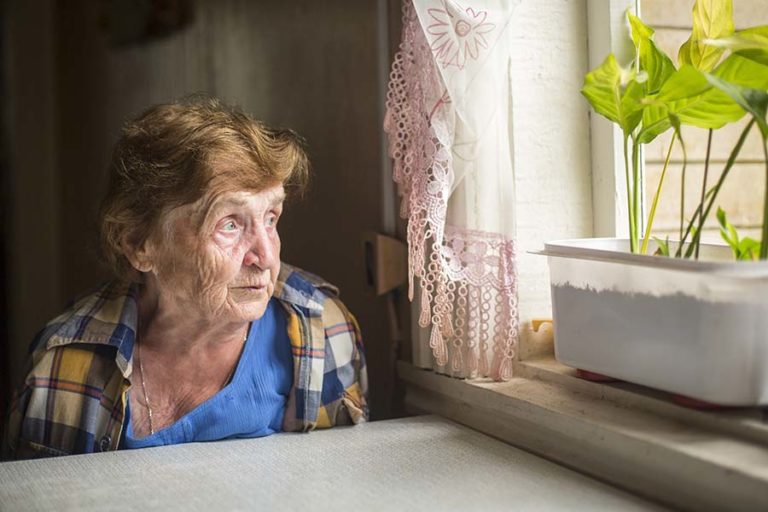
Do I Assume My Parents’ Timeshare when They Die?
You’ve seen the commercials and heard the stories. A timeshare can be great, but there can be trouble in paradise. Ridding yourself of a timeshare contract can be difficult. Frequently, heirs of a timeshare owner don’t want to take on the liability and the responsibility.
Nj.com’s recent article entitled “Can I leave a timeshare to the timeshare company in my will?” explains that as a general rule, unless it’s in an attempt to defraud creditors, a beneficiary may always renounce or disclaim a bequest made to him or her in a will.
However, if you write a provision in your will, it doesn’t mean that it’s legal, needs to be followed, or can be carried out.
As an example, a beneficiary designation on a bank account or certificate of deposit (CD) to your brother Dirk would take precedence over a specific bequest in your will that the same account or CD goes to your brother Chris. In that instant, the bank will pay the bank account or CD to your brother Dirk—no matter what your will says.
Likewise, with shares in a closely held business. If there is a contract between the shareholders dictating what happens to shares of the business if someone dies, that agreement will also override a provision in your will.
A timeshare is a contract. That means the terms of that contract control what happens. Your will doesn’t.
If the will doesn’t contradict the contract, like bequeathing the timeshare to a third-party who will continue to pay the contract obligations, both documents can co-exist.
A timeshare owner can’t avoid contractual obligations by just giving back the unit back to the corporation, unless that’s permitted in the contract.
The timeshare company isn’t required to take back a timeshare unit whether it is returned by the terms of the will or by the executor in administrating the estate, unless the signed timeshare agreement provides for this, or terms of the return are negotiated.
Reference: nj.com (Dec. 24, 2020) “Can I leave a timeshare to the timeshare company in my will?”











